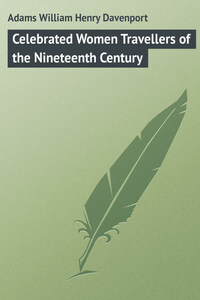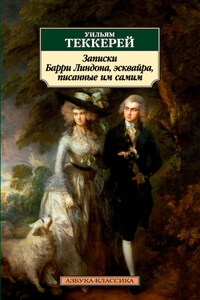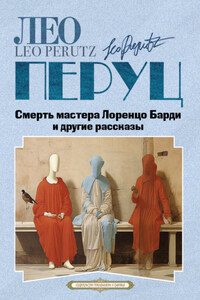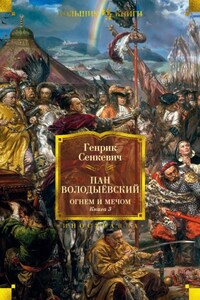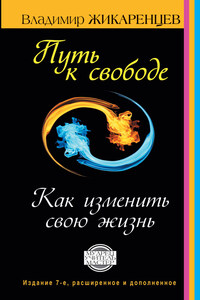The Princess Helena Koltzoff-Massalsky, better known by her pseudonym of Dora d'Istria,1 came of the family of the Ghikas, formerly princes of Wallachia, and was born at Bucharest, on the 22nd of January, 1829. Through the care and conscientiousness of her instructor, Mons. Papadopoulos, and her own remarkable capacity, she acquired a very complete and comprehensive education. When but eleven years old, she composed a charming little story, and before she had reached womanhood, undertook a translation of the Iliad. She showed no inclination for the frivolous amusements of a frivolous society. Her view of life and its responsibilities was a serious one, and she addressed all her energies to the work of self-improvement and self-culture. She read and re-read the literary masterpieces of England, France and Germany. As a linguist she earned special distinction.
"Her intellectual faculties," says her master, M. Papadopoulos, "expanded with so much rapidity, that the professors charged with her instruction could not keep any other pupil abreast of her in the same studies. Not only did she make a wholly unexpected and unhoped-for progress, but it became necessary for her teachers to employ with her a particular method: her genius could not submit to the restraint of ordinary rules."
She was still in the springtime and flush of youth, when she went on a tour to Germany, and visited several German courts, where she excited the same sentiments of admiration as in her own country; it was impossible to see her without being attracted by so much intellect, grace and amiability. Travelling enlarged her horizon: she was able to survey, as from a watch-tower, the course of great political events, and she found herself mixing continually with the most celebrated savants and statesmen of the age. Her friendly relations with persons of very diverse opinions, while enabling her to compare and contrast a great variety of theories, did but strengthen in her "the idea and sentiment of liberty, which can alone conduct society to its true aim." Finally, from the Italian revolution of 1848, which awoke her warmest sympathies, she learned to understand the fatal consequences of despotic government, as well as the inevitable mistakes of freedom, when first unfettered and allowed to walk alone.
At the age of twenty she was married (February, 1849), and soon afterwards she set out for St. Petersburg, where she was recognised as the ornament of the higher society. In the midst of her numerous engagements, in the midst of the homage rendered to her wit and grace, she found time to collect a mass of valuable notes on the condition and inner life of the great Russian Empire, several provinces of which she knew from personal observation. From St. Petersburg to Moscow, from Odessa to Revel, her untiring activity carried her. Most social questions are at work under an apparent calm, and offer, therefore, subjects well worthy of careful study, especially to so grave and clear an intellect as that of Princess Dora d'Istria, who possessed, in the highest degree, the faculty of steady meditation amidst the movement and the world-stir that surrounded her. The world, charmed by her personal attractions, had no suspicion of the restlessness and activity of her inquiring mind.
Her departure to the South brought her inquiries and investigations to an end. She had suffered so much from the terrible winters of the great Northern capital, and her health was so seriously shaken, that her doctors presented to her the grave alternative of departure or death (1855).
The Princess Dora d'Istria, as we have hinted, was a fine linguist. She made herself mistress of nine languages. Her historical erudition was profound; her mind was continually in search of new knowledge. She seemed to have inherited from one of her illustrious friends, M. von Humboldt, that "fever of study," that insatiable ardour, which, if not genius, is closely akin to it.
The great Berlin philosopher and the young Wallachian writer lived for some time in an intellectual confraternity, which, no doubt, is to this day one of the most valuable souvenirs of the brilliant author of "La Vie Monastique dans l'Eglise Orientale." In reference to this subject, we take leave to quote a passage from the graceful pen of M. Charles Yriarte: —
"The scene lies at Sans-Souci, in one of the celebrated saloons where the great Frederick supped with Voltaire, d'Alembert and Maupertuis. 'Old Fritz' has been dead a hundred years; but the court of Prussia, under the rule of Frederick William, is still the asylum of beaux esprits. The time is the first and brilliant period of his reign, when the king gathers around him artists and men of science, and writes to Humboldt invitations to dinner in verse, which he seals with the great Seal of State, in order that the philosopher may have no excuse for absenting himself. A few years later, and, alas, artists and poets give place to soldiers!
"The whole of the royal family are collected at a summer fête, and with them the most famous names in art and science, and some strangers of distinction.
